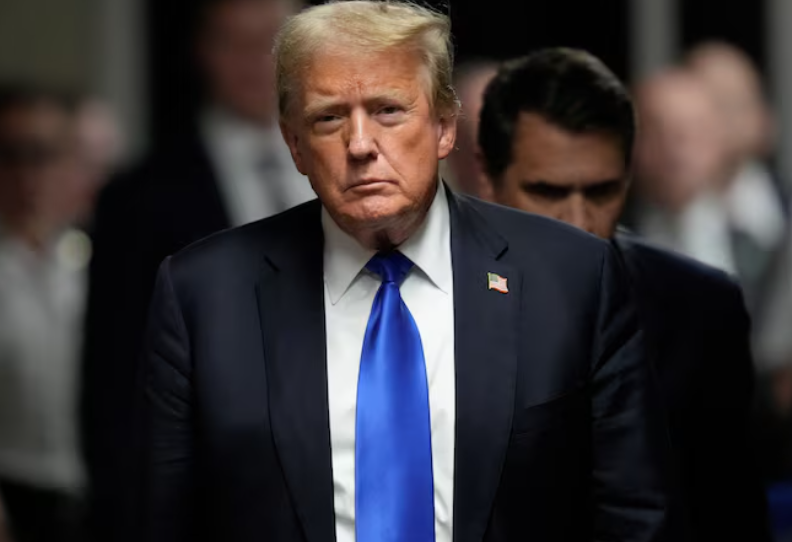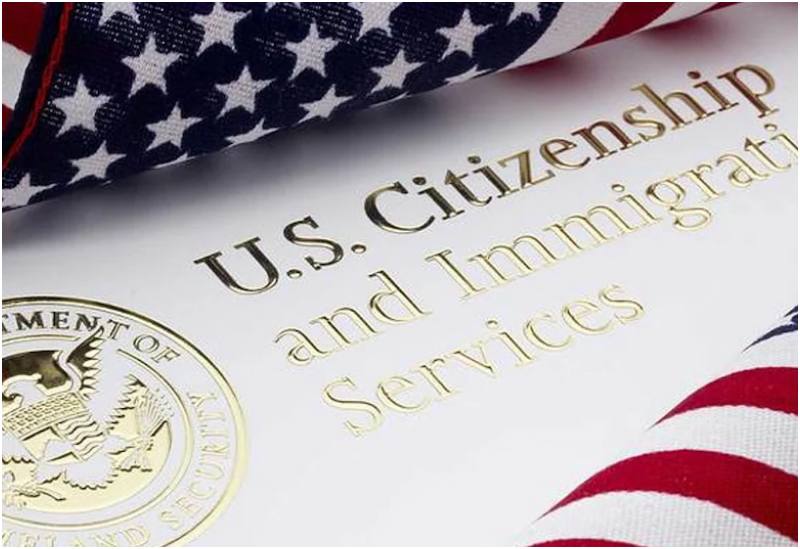A U.S. District Court in Seattle has halted President Donald Trump’s controversial executive order restricting birthright citizenship for children of non-citizens.
Judge John Coughenour issued a temporary restraining order on Thursday, January 23, 2025, calling the directive “blatantly unconstitutional” and finding it likely to cause irreparable harm to states and their residents.
Ruling Against the Executive Order
The executive order, signed by President Trump on his first day in office, asserts that children born in the U.S. to non-citizens—whether undocumented immigrants or those on temporary visas—are not entitled to birthright citizenship under the Fourteenth Amendment.
It further directs federal agencies to deny recognition of citizenship for such individuals, cutting off access to basic services and protections.
Judge Coughenour, a seasoned jurist with over 40 years on the bench, did not mince words in his decision.
“I can’t remember another case where the case presented is as clear as it is here,” he remarked during the hearing. “This is a blatantly unconstitutional order.”
In his ruling, Coughenour noted the executive order’s violation of the constitutional rights of U.S.-born children and its contradiction of the Immigration and Nationality Act, both of which guarantee birthright citizenship.
The court also highlighted the financial and administrative burdens the order would impose on states required to provide essential services to individuals stripped of their citizenship rights.
Legal Challenges and Broader Implications

The states of Washington, Arizona, Illinois, and Oregon were among the first to challenge the order, arguing that it directly conflicts with the Fourteenth Amendment, which grants citizenship to all persons born in the U.S. and subject to its jurisdiction. Attorneys general from 22 other states, as well as several rights organizations, have filed similar lawsuits against the order.
The executive order also raises concerns about its potential to expose U.S.-born children to deportation and family separation, a point emphasized by the plaintiff states.
“This order doesn’t just undermine constitutional protections; it jeopardizes the stability of families and communities across the nation,” said one attorney representing the plaintiffs.
A Controversial Start to Trump’s Term
The birthright citizenship order is part of a series of controversial executive actions signed by President Trump on his first day in office.
Other measures include suspending refugee admissions and prohibiting diversity, equity, and inclusion initiatives in federal agencies.
Human Rights Watch has criticized these orders, stating that they pose significant threats to human rights both domestically and internationally.
Next Steps
The temporary restraining order provides a reprieve for states and residents impacted by the executive order, but the legal battle is far from over.
The case will likely proceed to higher courts, where constitutional questions surrounding the Fourteenth Amendment and federal authority over immigration will take center stage.
For now, Judge Coughenour’s decision underscores the judiciary’s role in upholding constitutional protections amid sweeping executive actions.

